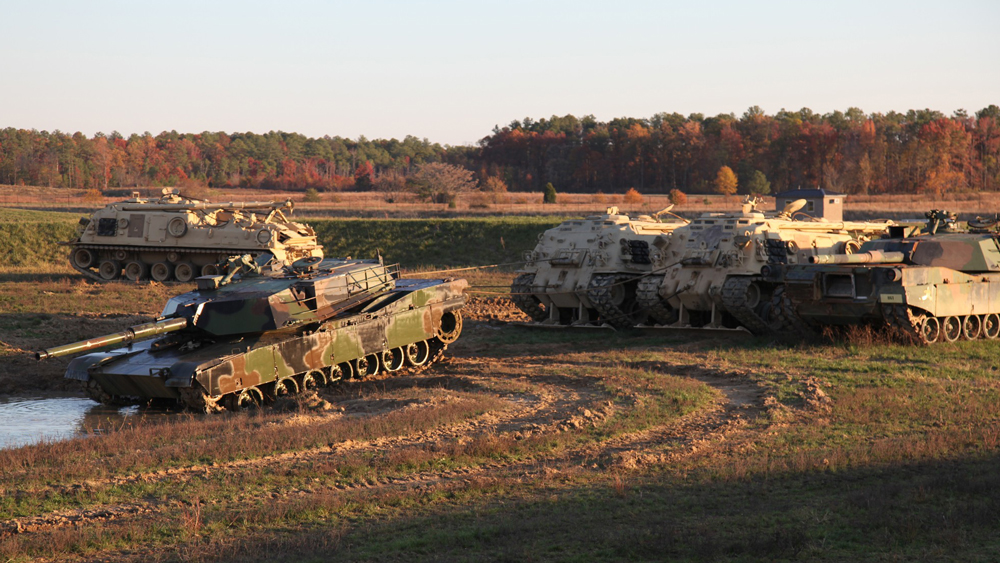After properly rigging an M1 tank, students use two recovery systems to extract the tank from a mud mire pit at the Ordnance School’s Vehicle Recovery Training Center. Credit: U.S. Army.
For many of us, screwing up is in our DNA. It happens. Blame Murphy if you like, but it happens. However, when this happens to someone on your team and you’re in a leadership role, the implications of a mistake can be far-reaching.
|
ADVERTISEMENT |
The most important aspect of these kinds of events, however, isn’t the incident itself. As a leader, the most important part is your reaction to these events. Those reactions are what end up defining you in the eyes of your team. Allow me to illustrate.
Navigation for tankers
In my younger days as a tank platoon leader, I was prone to taking some pretty bold risks. On one occasion, I decided it was a good idea to abandon the plan my commander had written and lead my platoon down a different route. That route happened to go through what the map said was a swamp. It didn’t look like a swamp to me, though.
I was wrong. It was a swamp. (Note: When the map says “swamp,” it’s a swamp.) Imagine a 68-ton vehicle stuck in mud 3–5 ft deep. Now imagine me standing atop said tank waiting to get chewed out by my commander. Can you say awkward?
When he showed up, he smirked and said something that caught me by surprise.
…

Add new comment